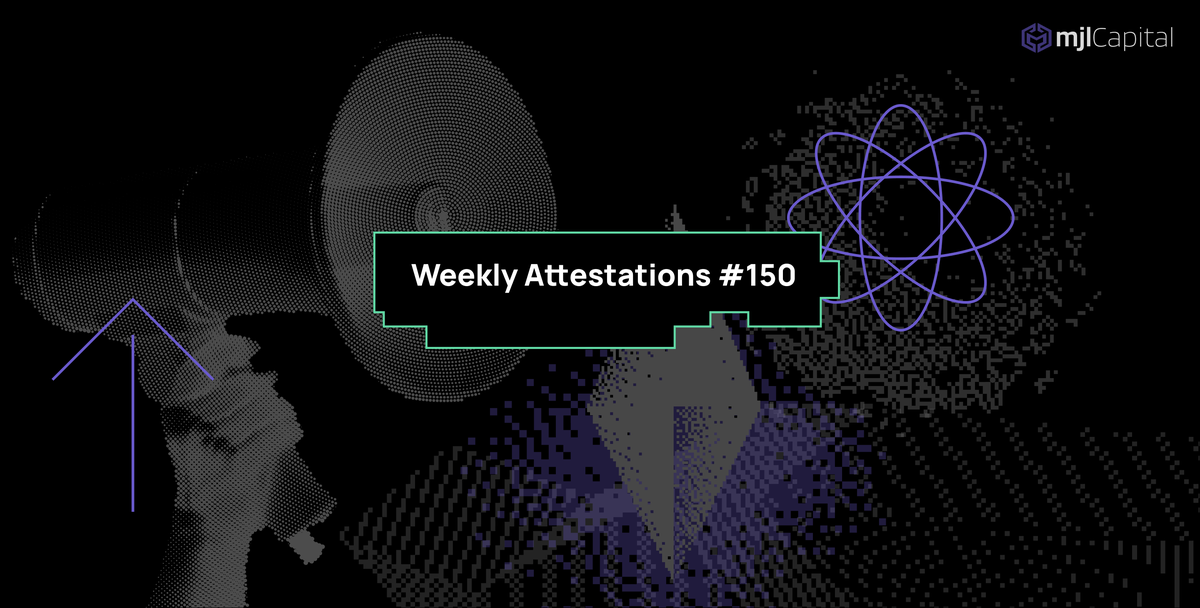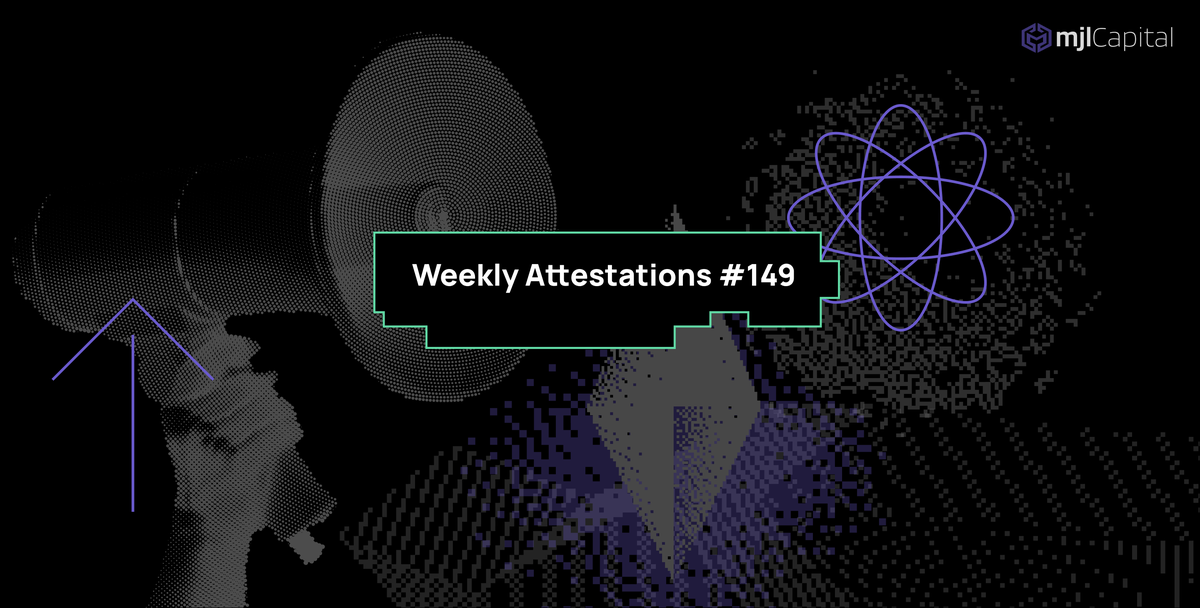The Week In Markets
This week, the unexpected strength in U.S. job growth, adding 256,000 jobs and lowering unemployment to 4.1%, has led to a reassessment of Federal Reserve rate cut expectations, suggesting a longer wait for monetary policy easing. This news, alongside a global rise in bond yields, has pressured markets. The U.S. 10-year Treasury yield rose to 4.70%, and the U.K.'s 30-year Gilt yield reached its highest since 1998, pushing investors towards safer assets.
The crypto market, particularly Bitcoin, has been hit hard, dropping over 14% from a recent peak above $108,000, influenced by these rising yields in countries like Germany, Italy, and Japan. Conversely, China's yields are falling amidst deflation, marking its longest deflation period since 1999.
Adding to the volatility, the Department of Justice (DOJ) received court approval to sell around $6.5 billion worth of Bitcoin seized from the Silk Road, potentially increasing market supply at a sensitive time. This move could further depress Bitcoin's price, especially with the backdrop of rising yields making traditional investments more attractive. The market's reaction has been a sell-off in risk assets, with tech and consumer discretionary stocks also seeing declines.
Top Stories
December Exchange Volume Surges
Cryptocurrency exchange volumes hit $2.94 trillion in December, marking an 8.5% increase from November and sustaining momentum above the $2 trillion threshold. While Binance led with $1 billion in volume, mid-tier exchanges such as BitGet and OKX showed substantial growth, doubling volumes and reflecting an evolving market structure. Increased activity, driven by retail participation, institutional acceptance, and new product offerings, coincided with Bitcoin's stable $90,000-$94,000 trading range and altcoins gaining as Bitcoin dominance fluctuated. The robust performance underscores expanding geographical participation and growing diversity in the investor base as markets anticipate shifts in 2025's trading landscape.

Source: The Block
Bitcoin Mining Hits Record Difficulty on 16th Anniversary of Genesis Block
On the 16th anniversary of Bitcoin's genesis block, mining difficulty has reached an all-time high of 109.78 trillion hashes, signaling unprecedented network security. This milestone reflects the immense computational power required to mine new blocks, highlighting the resilience and growth of the Bitcoin network since Satoshi Nakamoto mined the first block on January 3, 2009. With 877,665 blocks mined to date, Bitcoin's robust design continues to thrive, maintaining its position as the leading cryptocurrency. See similar: Trump Wants All Future Bitcoin Mined in US—Is That Even Possible?

Source: BitInfo Charts
Solana Implements Quantum-Resistant Vault to Safeguard Against Future Threats
Solana developers have introduced the "Solana Winternitz Vault," a quantum-resistant cryptographic solution to protect user funds from potential quantum computing threats. By using hash-based Winternitz One-Time Signatures, the vault generates fresh keys for each transaction, minimizing risks of private key exposure. This optional feature requires users to actively store funds in these vaults for enhanced security. While quantum-resistant cryptography isn't new—first introduced by projects like Praxxis in 2019—Solana's move highlights proactive measures amid concerns over quantum computing advancements like Google’s Willow chip. Although current quantum computers are far from breaking blockchain cryptography, developers are prioritizing future-proofing as Web3 continues to evolve.
Regulation
Ripple CEO Credits 'Trump Effect' for U.S.-Focused Hiring Surge
Ripple CEO Brad Garlinghouse announced that 75% of the company's open roles are now U.S.-based, citing optimism surrounding President-elect Donald Trump's pro-crypto stance. Garlinghouse highlighted a shift from hiring primarily overseas during Ripple's legal battle with the SEC under outgoing Chair Gary Gensler, to an increased U.S. presence in response to the new administration's priorities. Additionally, Ripple signed more U.S. deals in the last six weeks of 2024 than in the prior six months, reflecting renewed confidence in domestic opportunities.
Backpack Exchange (founded by FTX and Alameda) Acquires FTX EU, Plans Crypto Derivatives Launch
Backpack Exchange, founded by former FTX and Alameda Research employees, has acquired FTX EU, the European arm of the collapsed crypto exchange, with approval from the FTX bankruptcy court and the Cyprus Securities and Exchange Commission. Backpack EU will oversee the distribution of bankruptcy claims to former FTX EU users, aiming to rebuild trust in the industry. The exchange plans to launch crypto derivatives, including perpetual futures, across the EU in Q1 2025. Despite losing much of its initial funding during the FTX collapse, Backpack achieved a $120 million valuation in its Series A round in early 2024. Update: FTX Clarifies Certain Statements by Backpack Regarding Backpack's Purported Acquisition of FTX EU.
CFTC Chair Rostin Behnam to Step Down Amid Crypto Regulatory Shifts
CFTC Chair Rostin Behnam announced plans to resign on Jan. 20, with his last day at the agency on Feb. 7. Behnam, who advocated for stronger federal crypto regulation, highlighted that nearly half of the CFTC's 2023 enforcement actions involved digital assets, including FTX. He also backed the Digital Commodities Consumer Protection Act to grant the CFTC authority over digital commodity trading. His departure aligns with other key regulatory leaders, such as SEC Chair Gary Gensler and Federal Reserve Vice Chair Michael Barr, stepping down ahead of the Trump administration.
FDIC Discouraged Banks From Using Public Blockchains, FOIA Documents Reveal
Newly unredacted documents obtained by Coinbase through the Freedom of Information Act reveal that the Federal Deposit Insurance Corporation (FDIC) discouraged banks from implementing services on public blockchains like Ethereum. A 2022 letter from the FDIC's New York office instructed a member bank to undergo a detailed review before launching blockchain-based products, favoring private permissioned networks over decentralized, transparent ones. The disclosure also includes orders for banks to halt services related to crypto asset activities, adding weight to claims of a coordinated effort, termed "Operation Chokepoint 2.0," to stifle crypto innovation under the Biden administration.
Other Domestic Regulation Updates
- MicroStrategy buys another 1,070 bitcoin for $101 million, bringing holdings to 447,470 BTC
- Winklevoss Twins' Gemini Will Pay $5 Million to Settle CFTC Bitcoin Futures Lawsuit
Other International Regulation Updates
- Terraform Labs co-founder Do Kwon pleads not guilty to criminal charges in Manhattan court following extradition
- Trading firm GSR receives approval from the UK's Financial Conduct Authority
Pain & Gain
Pain
- Dogecoin Hero Elon Musk Just Crashed Another Meme Coin—Here's How
- BlackRock's Bitcoin ETF sees record outflows, with investors pulling $331M
Gain
- Bernstein makes 10 predictions for 2025 as crypto enters its 'Infinity Age'
- AI Token Frenzy Continues
- Gate Crypto Card Promises 'Seamless' Crypto-to-Fiat Payments For EEA Users
- Crypto hacks and scam losses in December reached $29M, the lowest in 2024
- Ethena’s ENA Spikes on 2025 Roadmap Release
- XRP Overtakes Tether to Become Third-Largest Crypto
Important Legal Notices
This reflects the views MJL Capital LLC (“MJL”), but it should in no way be construed to represent financial or investment advice. Nothing in this correspondence is intended to constitute or form part of, and should not be construed as, an issue for sale or subscription of, or solicitation of any offer or invitation to subscribe for, underwrite, or otherwise acquire or dispose of any security, including any interest in any private investment fund managed by MJL. Any such offer may only be made pursuant to a formal confidential private placement memorandum of any such fund, which may be furnished to potential investors upon request and which will contain important information to be considered in connection with any such investment, including risk factors associated with making any investment in any such fund. Further, nothing in this correspondence is, or is intended to be treated as, investment or tax advice. Each recipient should consult their own legal, tax and other professional advisors in connection with investment decisions.
Domenic Salvo is a Managing Partner at MJL Capital, helping lead Portfolio Research and Investor Relations.




